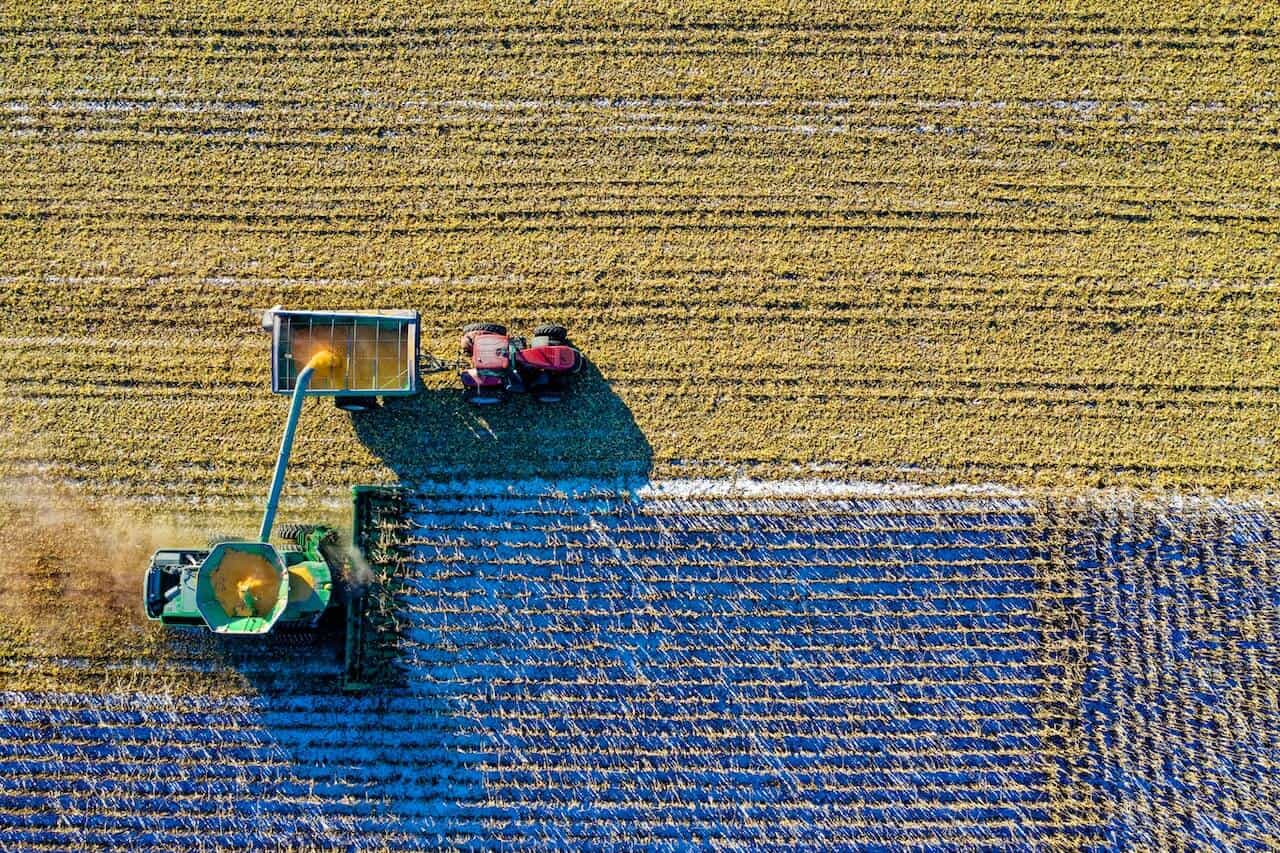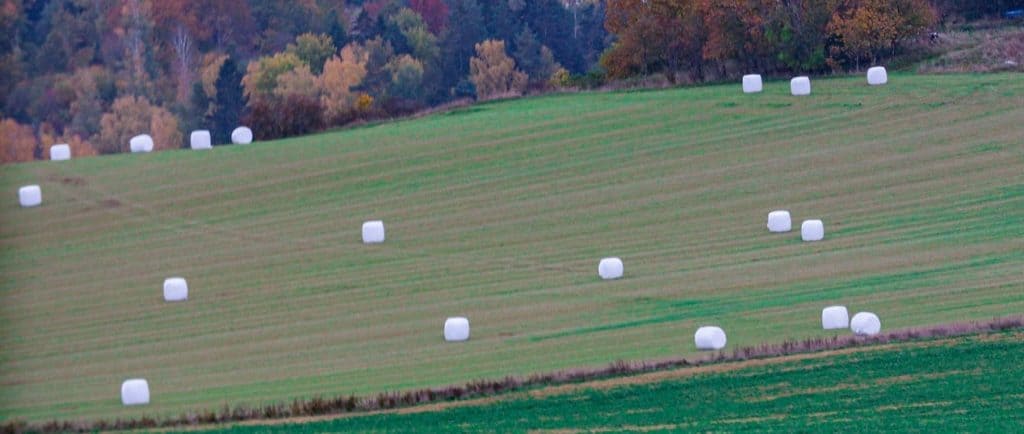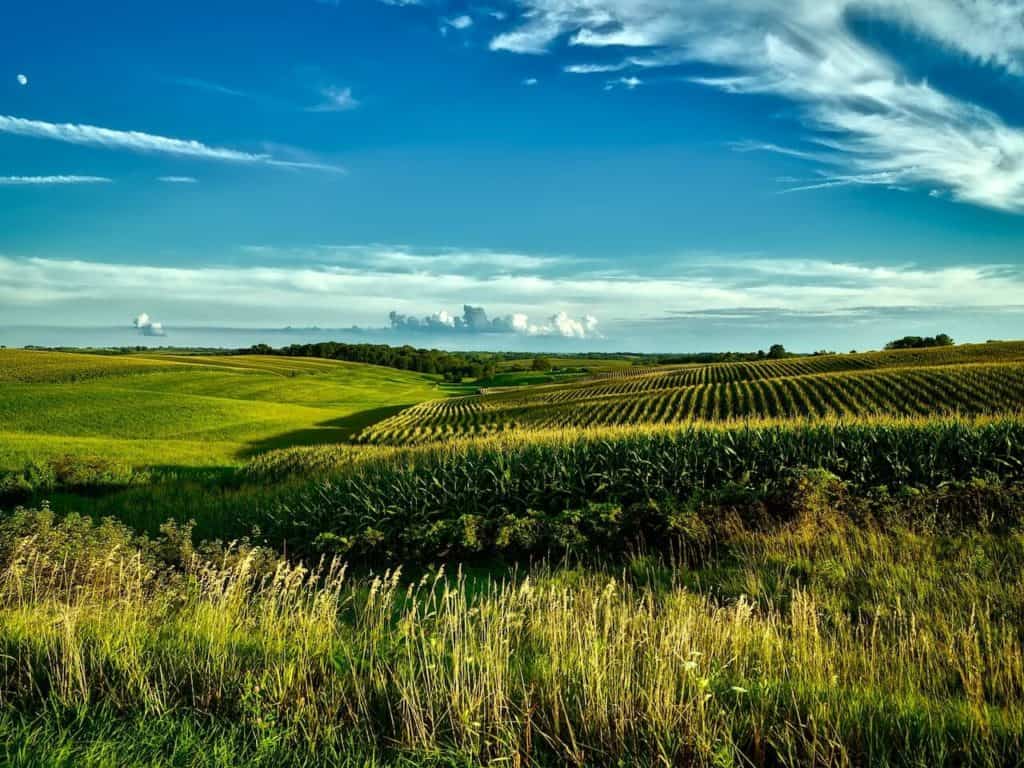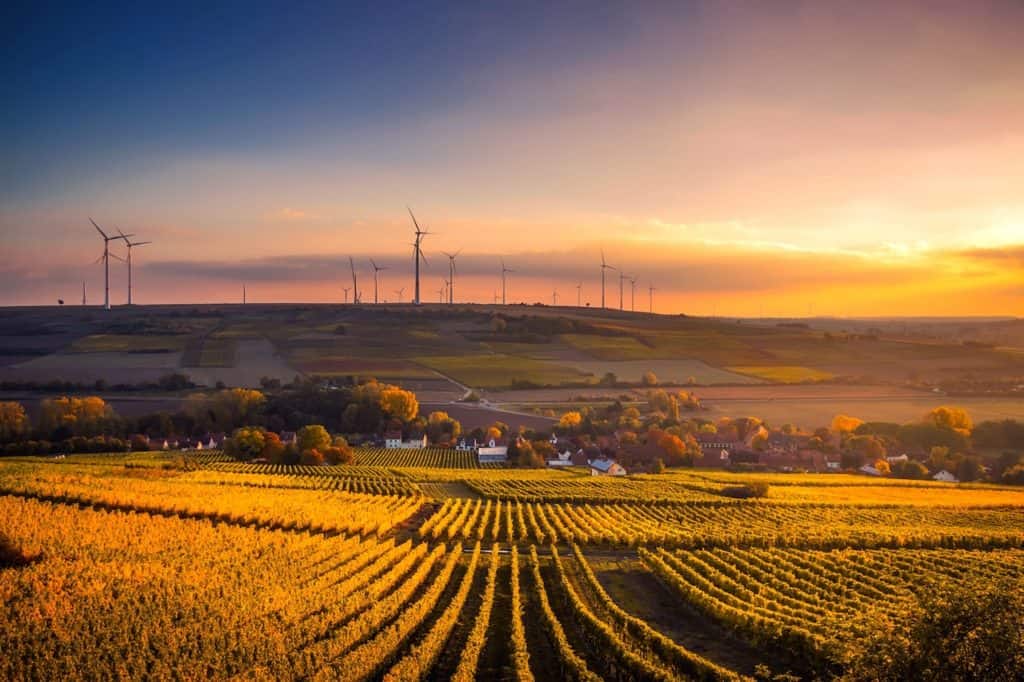Agricultural Waste And Its Impact On The Environment
Plastic waste generated from farming practices can pollute the soil and waterways and harm wildlife that ingest or become entangled in it. Another primary ways in which agricultural waste harms the environment is through its impact on water quality. Large quantities of organic waste, such as animal manure, are often washed into waterways during heavy rains, causing eutrophication and deoxygenation. This, in turn, can lead to the growth of harmful algae and bacteria, negatively impacting aquatic life and making water unsafe for consumption or recreational activities.
What Is Agricultural Waste?
Agriculture is the backbone of the world’s economy and plays a crucial role in sustaining human life. However, with the increase in agricultural production, there has also been a significant increase in agricultural waste. Organic waste and solid wastes generated from farming activities are often left untreated and disposed of improperly, leading to serious environmental pollution. In this article, we will explore the different types of agricultural waste, their impact on the environment, and what farms can do to act sustainably.
What Does Agricultural Waste Include?
Agricultural waste includes both organic and inorganic materials. Organic wastes include crop residues, manure, and other plant and animal byproducts, while inorganic waste includes plastic, chemical containers, and other materials used in farming activities. The large amount of agricultural waste generated every year is a major cause of concern due to the potential harm it can cause to the environment.
How Else Does Agriculture Harm The Environment?
Fossil fuel is often used to power agricultural equipment, and this can lead to greenhouse gas emissions and other environmental pollution. Additionally, the burning of crop residues, which is sometimes done to clear fields for planting, can release large amounts of greenhouse gases and particulate matter into the atmosphere.
Another way in which agricultural waste harms the environment is through the release of heavy metals and other toxic substances. These materials can leach into the soil and groundwater, contaminating the food chain and posing a threat to human and animal health.
How Can Farmers Address This Issue
Farms can adopt more sustainable farming practices and proper waste management strategies. Proper waste management is also critical in reducing the environmental impact of agricultural waste. This can include the implementation of recycling programs and composting facilities to reduce the amount of waste sent to landfills. By composting organic waste, farmers can create valuable soil amendments that can be used to improve crop yields and reduce the need for chemical fertilisers.
We Recycle Plastic Agricultural Waste
Businesses such as ours play an important role in helping farms manage their plastic waste. We specialise in the recycling of farm plastic waste, providing a sustainable and cost-effective solution for farmers. By collecting and recycling plastic waste, we help prevent it from polluting the environment, reducing the amount of waste sent to landfills and conserving valuable resources.








